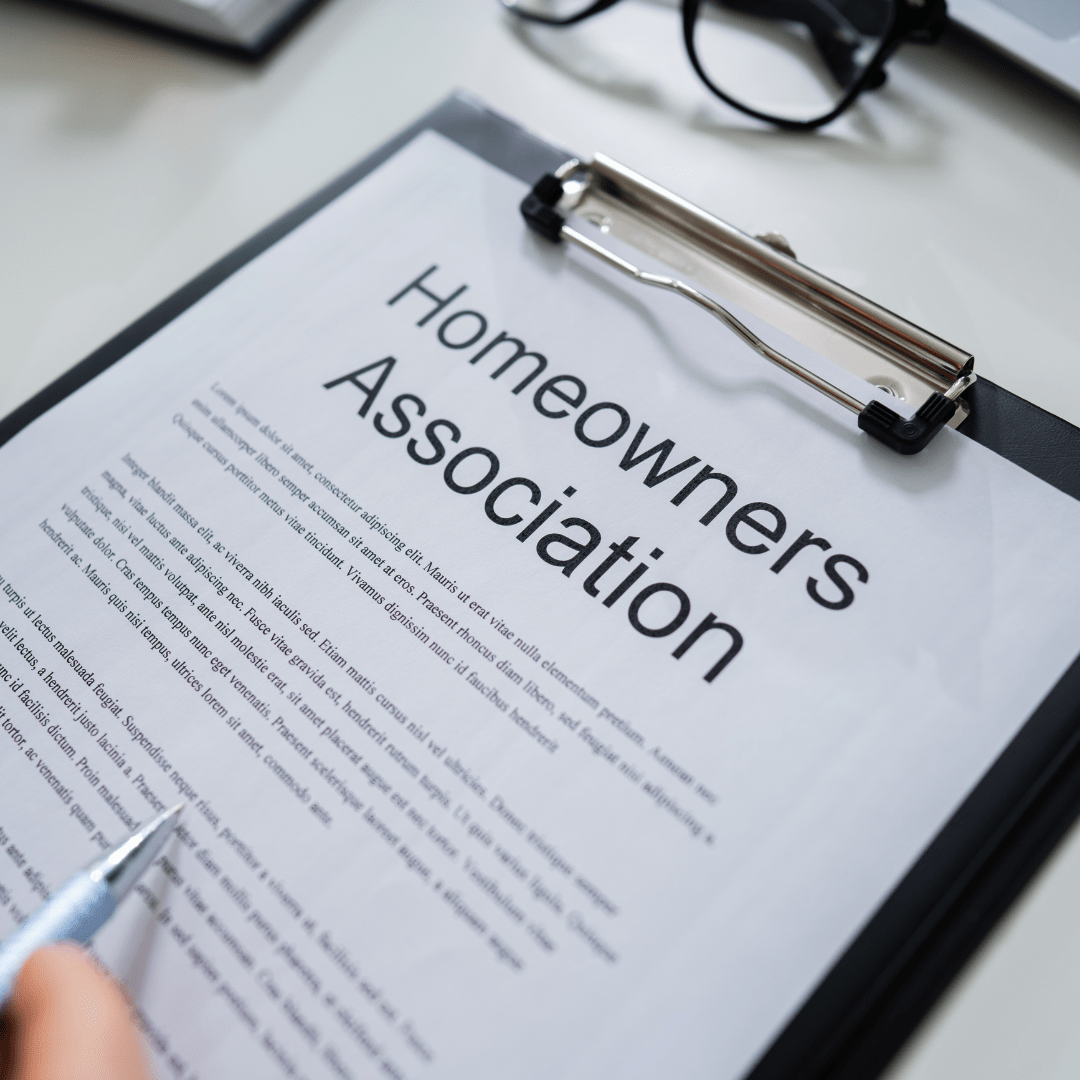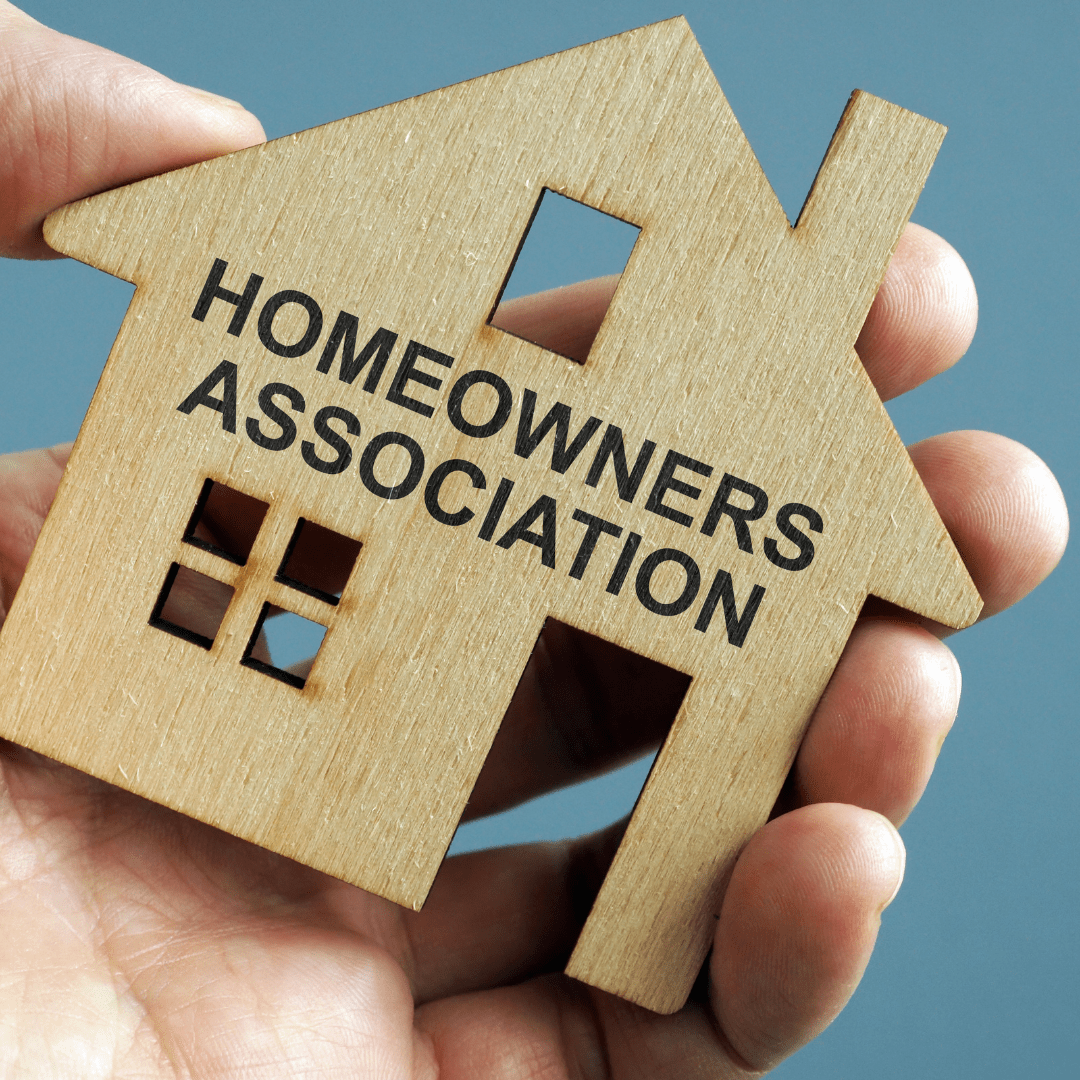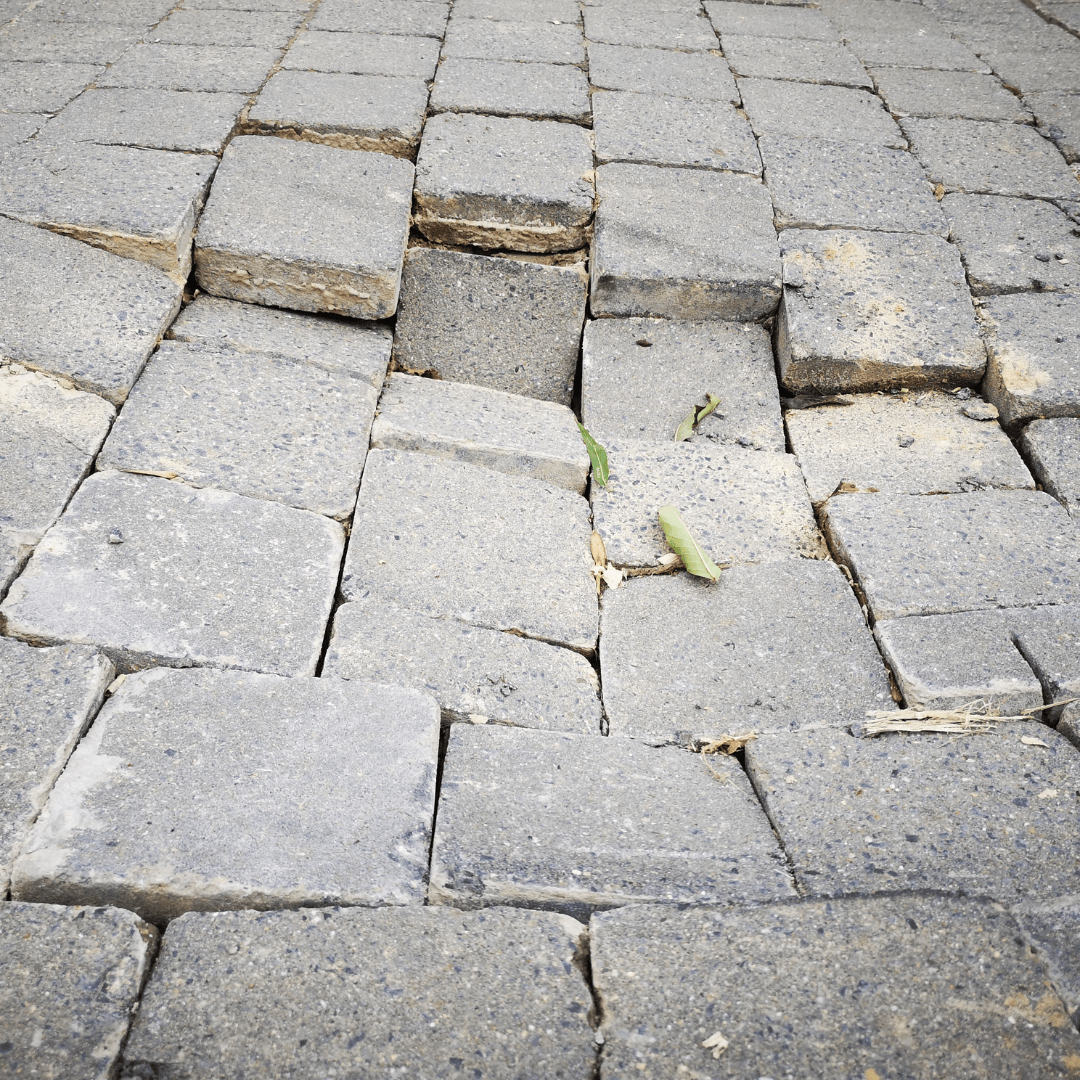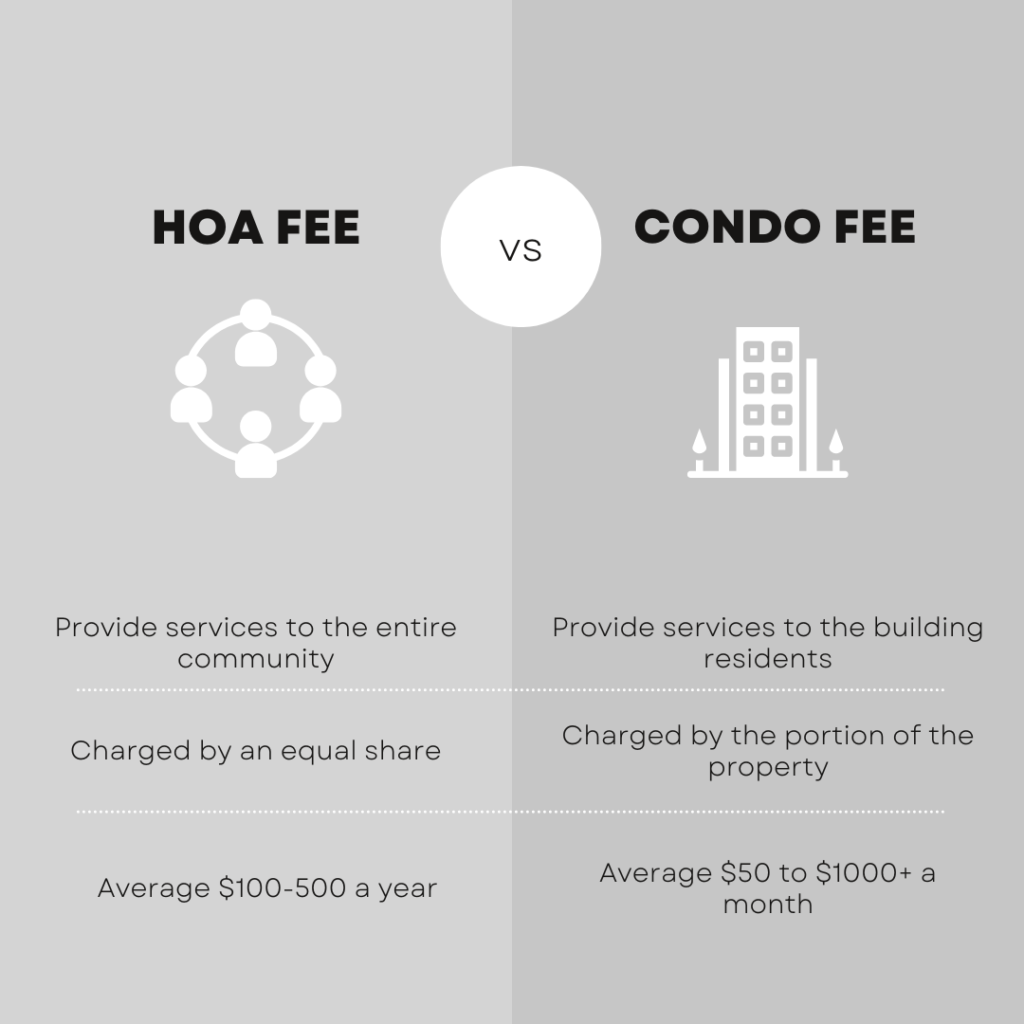Most people believe the HOA fee is a condo fee, but they are not. The two are completely different. Let’s learn about the differences between HOA fees and condo fees.
What is an HOA Fee?
HOA Fee is a homeowner’s association fee which is a charge assessed by a homeowners’ association (HOA) to its members for the use of common areas and facilities such as pools, tennis courts, and playgrounds. HOAs are private organizations that are typically created by a subdivision’s developers to manage and maintain the community areas.

Anyone who buys into the community becomes a member and they must pay the HOA fee whether they are using the common area or not. That means when an individual or a family buys a home in the HOA community, they automatically become a member of the homeowner’s association and it is the homeowner’s responsibility to pay the HOA. Even if you rent out your property and have a renter, it is the duty of the property owner – you, to ensure that their account is in good standing so that your renters can enjoy any facilities in the community.
What is a condo fee?
Condo fee (also called co-ownership fees) is charged for the maintenance of a specific building and HOA have no control over that. So, condo fees are to pay for the services only within the building, such as lobby improvements, roof renewal, elevator repair, or recreation center maintenance if the building has one.

As a result, as the owner of a condominium unit, you must pay an HOA fee in order to enjoy all of the community’s services and plus the condo fee, which is charged to maintain the condo unit. Remember, HOA rarely help to repair the roof or anything for a specific condo building in the community. It is the responsibility of the people living in that unit.
How does an HOA fee differ from a condo fee?
-
Who has the benefit?
The homeowners’ association exists to benefit everyone in the neighborhood. However, the condo fee is charged to serve the tenants of the condo building, not to serve people outside of the building.
-
Who should pay?
The HOA fee is mandatory. Whether you reside in a single-family home, condominium, or townhouse, an HOA fee is required as long as your community has shared spaces or facilities such as a swimming pool, tennis court, and security gates that require regular maintenance. Condo fees, on the other hand, are solely levied on condo unit owners. If you are a single-family house or townhome owner, you do not pay condo fees. They only have to pay the HOA fee.
-
The method of calculation
HOA fee is usually charged by equal share. Let’s say there are 30,000 units in the community, the total HOA budget is divided by 30,000. On the other hand, condo fees are calculated based on your own portion of the entire condo property. The condo fee calculation is determined by the square footage of your unit, plus any outside storage or parking space that belongs to you. Condo fees are billed to the condo owner every single month. HOA fees are typically charged on annual bases, but they can vary significantly from community to community.

-
How much is the fee?
The amount of HOA fees can vary depending on the location and the number of amenities in the community. HOA fees, on average, run from $100 to $500 a year, not per month, a year. However, the condo fee can be $50 per month to more than $1,000 per month. The condo fee is usually higher if the building is older. And of course, if you live in a luxury condo that has more fancy facilities, the condo fee will be more expensive. In general, the condo fee is much more expensive than the HOA fee.
-
Who has more power?
HOAs typically have more restrictive rules than condo associations and HOA regulations governing the use of community areas, and homeowners must follow the rules. And also, HOAs have more restrictions on who can buy and sell property in the community. HOA has more powerful financial power. HOAs typically have more money available to invest in the community, which allows them to maintain more of the neighborhood’s quality and amenities.

-
Does Canada have HOA?
Yes, there are homeowners associations in Canada. As Edmonton expands, more HOAs are being established in the suburbs and people want to have HOA to pay for the facilities they want together. But in general, HOAs are not common in Canada because gated communities are rare in Canada. Furthermore, Canadian HOAs do not have the same power as US HOAs do. In Canada, provincial regulations govern the fundamental structure and operation of homeowner associations.
What are the benefits of owning a home in an HOA community?
The benefit of living in an HOA community is that most HOA communities have pools, clubhouses, volleyball courts, and other facilities that one cannot afford on their own. Everyone in the neighborhood has access to these amenities and takes advantage of them.

HOAs often do a good job of maintaining their common spaces and facilities. This includes common area cleaning, maintaining operational lighting, and clean playgrounds, and so on. If the community area looks great, the people living in the community would feel good. A clean and organized community also contributes to the preservation of property values.
What are the disadvantages of owning a home in an HOA community?
Paying the HOA fee might be a financial burden for homeowners. However, that is not the most annoying thing. HOAs might make you feel as if your home does not belong to you. For example, some HOA even has a rule about the appearance of your property. HOA determines what color your front door or shutters should be, as well as the type of front door and windows you can have. HOA might even ask you to change your outdoor design or decide the number of cars you can park in front of your door. If you don’t follow the guideline, you might get a fine.
Moreover, during the holiday season, HOA might limit the type of holiday decorations. That means you may be not allowed to display your favorite inflatable in front of your yard. The limitations and the degree of enforcement depend on the enthusiasm of the association board or the director of the HOA but not depend on homeowners.
Problems kick in when you are selling your house as well. If there are any HOA violations, the seller will need to clear them up before closing. If you’ve had any problems with your HOA regarding the aesthetic of your property (an exterior paint color that doesn’t meet the HOA guidelines, etc.), those problem needs to be resolved before you can sell your house. Can HOA blow up your house sale? Yes, they certainly have the power to do so. For example, you must fix the hole on your driveway before the closing and if you are informed of a violation on December 28th and the closing date is scheduled for January 2nd, it may be next to impossible to get a construction company out during the Holiday season.

How can an HOA fee affect me as a property buyer?
Mortgage lenders will consider the HOA fee on your total budget. They will evaluate your monthly HOA expenses when determining how much mortgage amount you can afford. A high HOA fee may potentially affect your ability to qualify for a mortgage because it changes your debt-to-income ratio. HOA fees may keep affecting you after obtaining a mortgage. Failing to pay your HOA payments on time, for whatever reason, might potentially violate the conditions of your mortgage and you have a risk of losing your house in the worst case. As a result, high HOA costs may pose a risk to you as a home buyer.

Then, is the HOA fees negotiable?
No, they are not. HOA fees are an encumbrance set on your individual title. And that’s done through the planning procedure that is not up to individual homeowners.
Conclusion
When you buy a condo, these buildings come with a condo fee, which is a fee paid by the tenant to the condo board to maintain the common areas of the building. The fee is paid to serve the residents who are living in the building only. HOA fees, on the other hand, are a charge paid by the homeowners to their HOA. HOA helps cover the costs of maintaining the community, such as landscaping and security. The HOA fee is paid to serve the entire community. If you are a condo owner, you have to pay a condo fee + HOA fee.




Pingback: condo vs apartment: what are the differences?